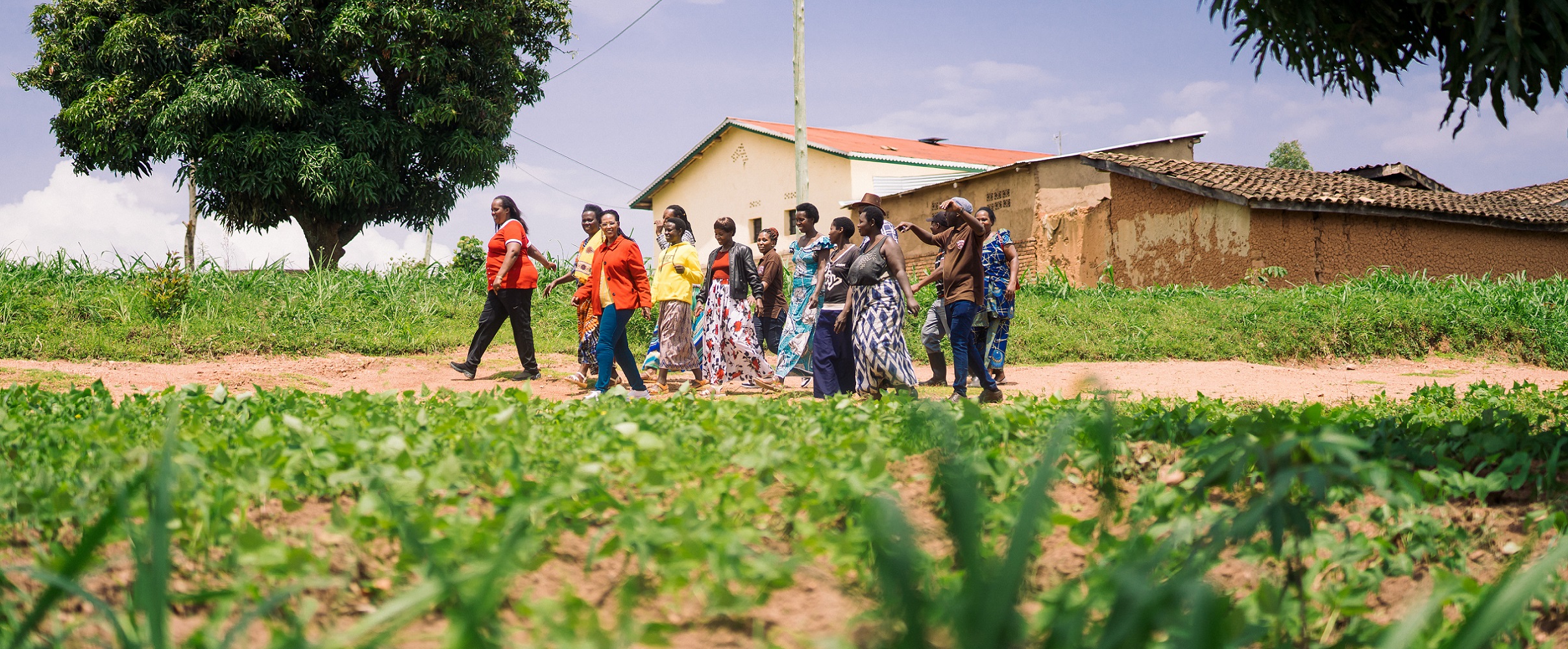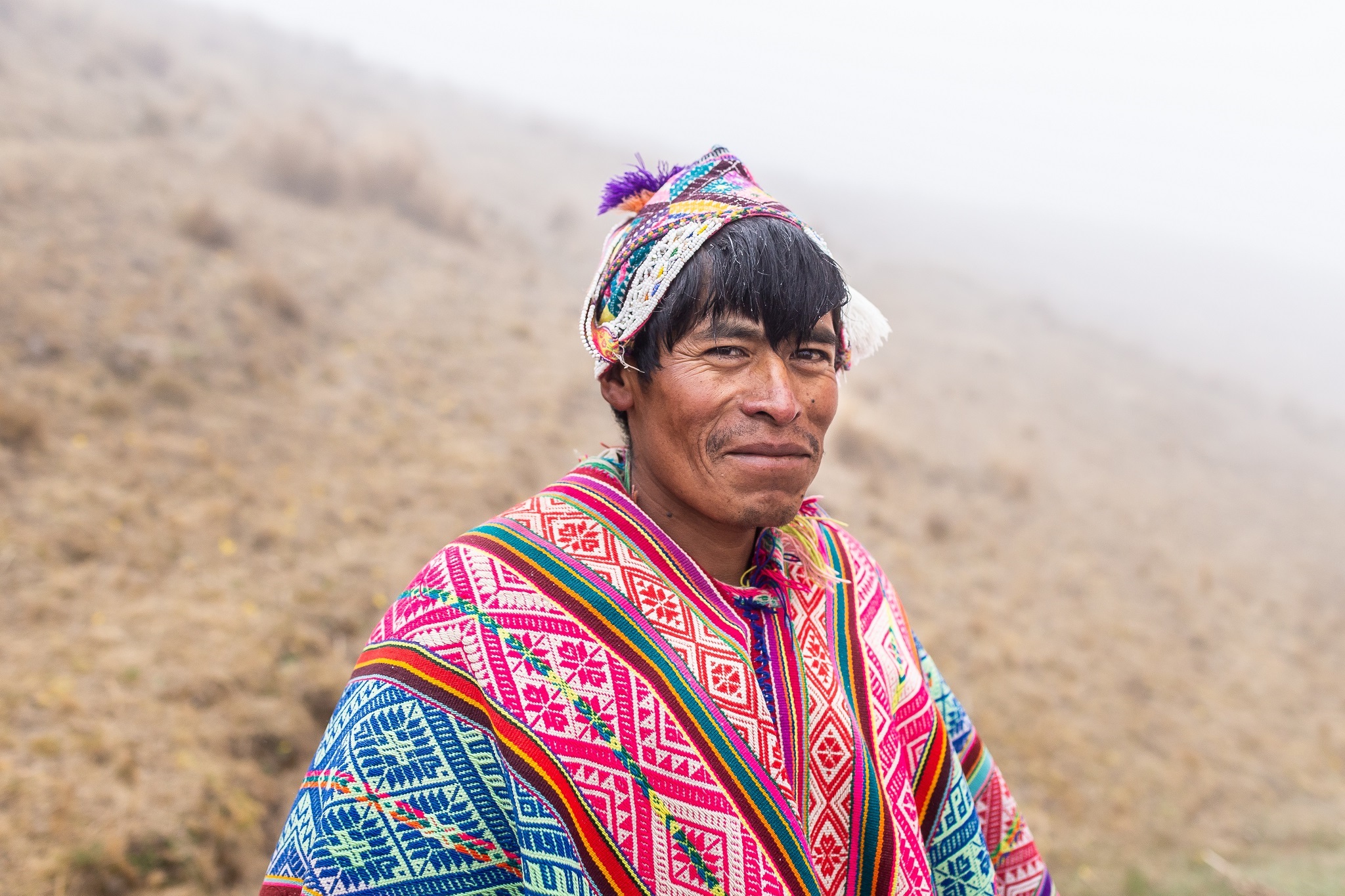
At the heart of communities to understand our impact
At the heart of communities to understand our impact
Our investment decisions are guided by our partners’ ability to improve the lives of local communities. But how do we measure the impact of their activities? Find out with Pallavi Hariharan, our Environmental & Social Impact Manager.
MEET PALLAVI, IMPACT MANAGER AT ALTERFIN
Investment impact analysis specialist Pallavi Hariharan studied public policy and human development. After spending several years working for a microfinance institution in Myanmar, she joined Alterfin in July 2021.
Her role? Ensuring that every investment made has the greatest possible impact on local communities and the environment.

What does your work involve?
My role is to analyze every Alterfin investment to understand how it improves the lives of local communities and how it contributes to the protection of the environment.
The first stage takes place before any decision to invest is made: based on the information provided by the (prospective) partner, we assess their social and environmental performance. To do this, we use a tool that we’ve developed for Alterfin over the last two years.
But how do you know that an investment has really had an impact?
That’s where the second stage comes in: in the years after the investment, we collect data from our partner. Our aim is to measure the tangible effects on the environment and local populations that our partner’s work has had, thanks to the financing we provide. This could be an increase in the number of producers working with the partner, an increase in the purchase price, or faster payment, for instance. Such changes enable beneficiaries to enhance their income and better provide for their families.
But we don’t stop there, and that’s what I really like about Alterfin. In addition to quantitative assessments, we also carry out qualitative analyses: every year, we choose several partners and we conduct interviews with their beneficiaries to better understand how they live, what difficulties they face, and how working with our partners has improved their lives.

Who have you met this year?
This year, I went to Rwanda and Kenya to meet various partners. We started with Nyamurinda, an agricultural business that buys coffee from more than 1,400 smallholder producers before processing and selling it. Our team of interviewers met with 60 producers over two days, initially for individual interviews and then for group discussions.
How do these discussions work?
We use a method called FarmVoices. It was developed by Voices That Count, a Belgian organization that specializes in impact studies. In this method, interviews aren’t based on a standard list of questions, as is often the case, which may influence interviewees’ answers.
The discussion begins with very open-ended questions: for instance, we ask them to tell us about times when they’ve felt discouraged or motivated and to explain why. This way, we can identify what they consider important and focus on these aspects.
For example, with Nyamurinda, we found that one of the most important aspects of the relationship was financial support: many producers had experienced family emergencies that had led to unexpected costs. Nyamurinda gave them grants and advance payments so that they could deal with these problems.
Do you talk to partners as well?
Of course! We met with various managers who work at our partner companies in Rwanda and Kenya to better understand Alterfin’s role in their development and the difficulties they faced when looking for financing.
For instance, for Nyamurinda, the problem was the guarantees required by local banks before they would provide a loan. These amount to up to three times the sum provided by the bank! This isn’t a problem for larger businesses, but Nyamurinda simply didn’t have enough land or property to provide such guarantees. That’s when Alterfin’s position really makes a difference.
What do you mean by “Alterfin’s position”?
We’re literally the “missing link” in the financing ecosystem of the countries we operate in. Larger agricultural businesses that need more than a million euros can find financing via the “traditional” banking system. Microenterprises can use microfinance for loans of a few hundred to a few thousand euros. But for a small business like Nyamurinda, which needed about 150,000 euros, there were no financing offers out there with acceptable terms. That’s what makes us unique.
And that’s what you like about Alterfin?
Yes, exactly. It’s more than just words: lots of agricultural partners tell us that we’re the only investor that has agreed to work with them. With more than 25 years of experience, we’ve learned to assess the risks and the potential of these small agricultural businesses, and we can provide financing tailored to their needs. This is especially important because these organizations work with smallholder farmers who produce a third of the world’s food and represent three-quarters of the world’s poor. By providing financing for them, we have a real impact on the living conditions of the most vulnerable people.
Meeting our partners and their final beneficiaries
Follow Pallavi in Rwanda and Kenya and listen to some of the inspiring testimonials that she has compiled:
Eclof
- Start of the partnership: 2014
- Activity: microfinance institution
- Beneficiaries: 64,000 clients
“Alterfin came to us at a time when we had great difficulty securing new financing. We obtained a loan with good repayment terms, which allowed us to grow and work with more beneficiaries. Over time, we were able to increase our loan amount.”
- Josphat Pius, Financial Manager
Source: additionality interview with partner
Phyma Fresh Produce
- Start of the partnership: 2016
- Activity: agricultural business specializing in the production, processing and export of fresh vegetables
- Beneficiaries: more than 1,200 farmers
“Alterfin has supported us throughout our development. Thanks to this long-term relationship, we’ve been able to connect more farmers with stable markets for their products and expand our business toother value chains. We’re now close to completing the process of obtaining Global GAP-GRASP certification.”
- Phyllis Maina, Managing Director
Source: additionality interview with partner
Mahembe Coffee
- Start of the partnership: 2021
- Activity: agricultural business
- Beneficiaries: more than 700 coffee producers
“Alterfin is our only international lender. This partnership has inspired more confidence among our international buyers, and we were able to sign new export contracts last year. When Alterfin arrived,we were struggling to finance our activities. Today, we work with more producers and there’s steady demand from our buyers. We’re thrilled to continue working with Alterfin.”
- Willy Musabyimana, operational manager
Source: additionality interview with partner
Nyamurinda Coffee Growers
- Start of the partnership: 2021
- Activity: agricultural business
- Beneficiaries: more than 1,400 coffee producers
“When have I felt excited to be working with Nyamurinda in the last three months? When I was able to buy school supplies and pay for health insurance. I was able to pay for both things on the same day, thanks to the money I received for selling my coffee beans to Nyamurinda. I really felt proud that day. Nyamurinda is a very well organized company. Since I began working with them, I’ve received comprehensive support that has benefited not just me, but my whole family.”
A coffee producer who works with Nyamurinda
TestimonialS
FAQ title
FAQ description
Join us and make a difference
Become a co-op member
more news from alterfin
DIDN't find what you're looking for?
Read our FAQs or contact us.


.jpg)




